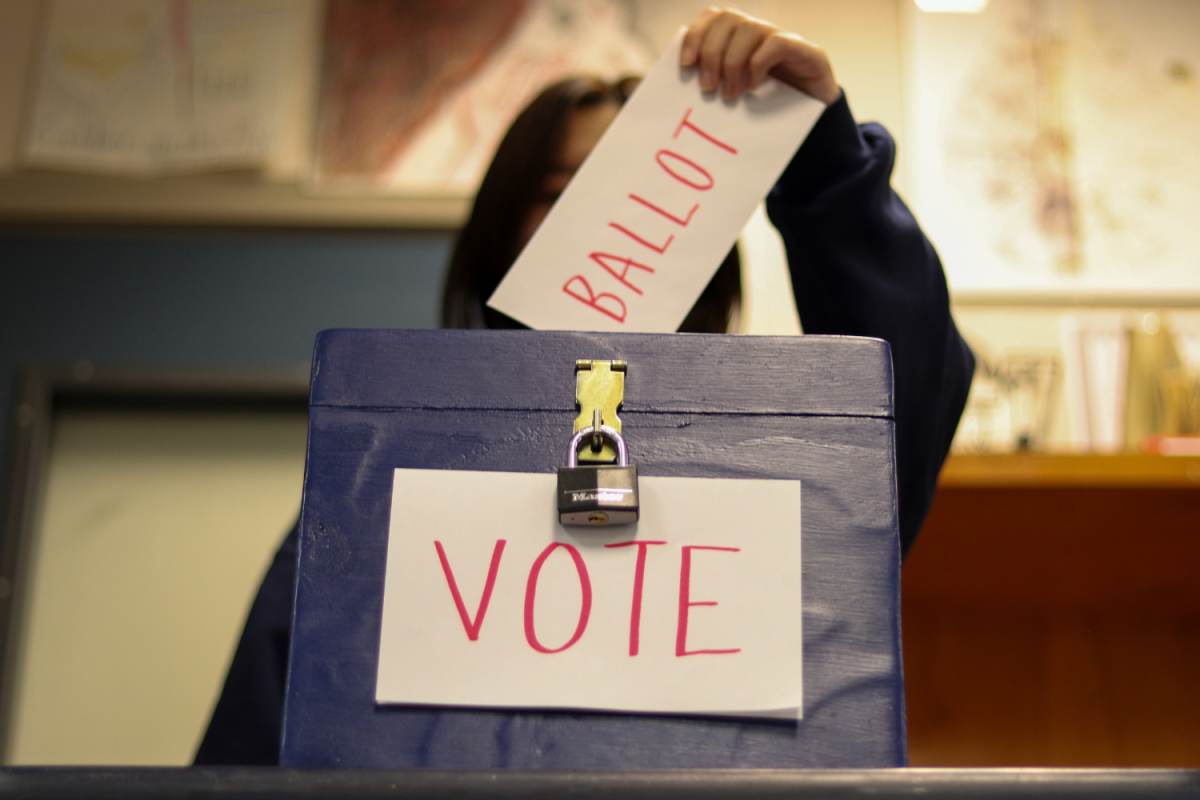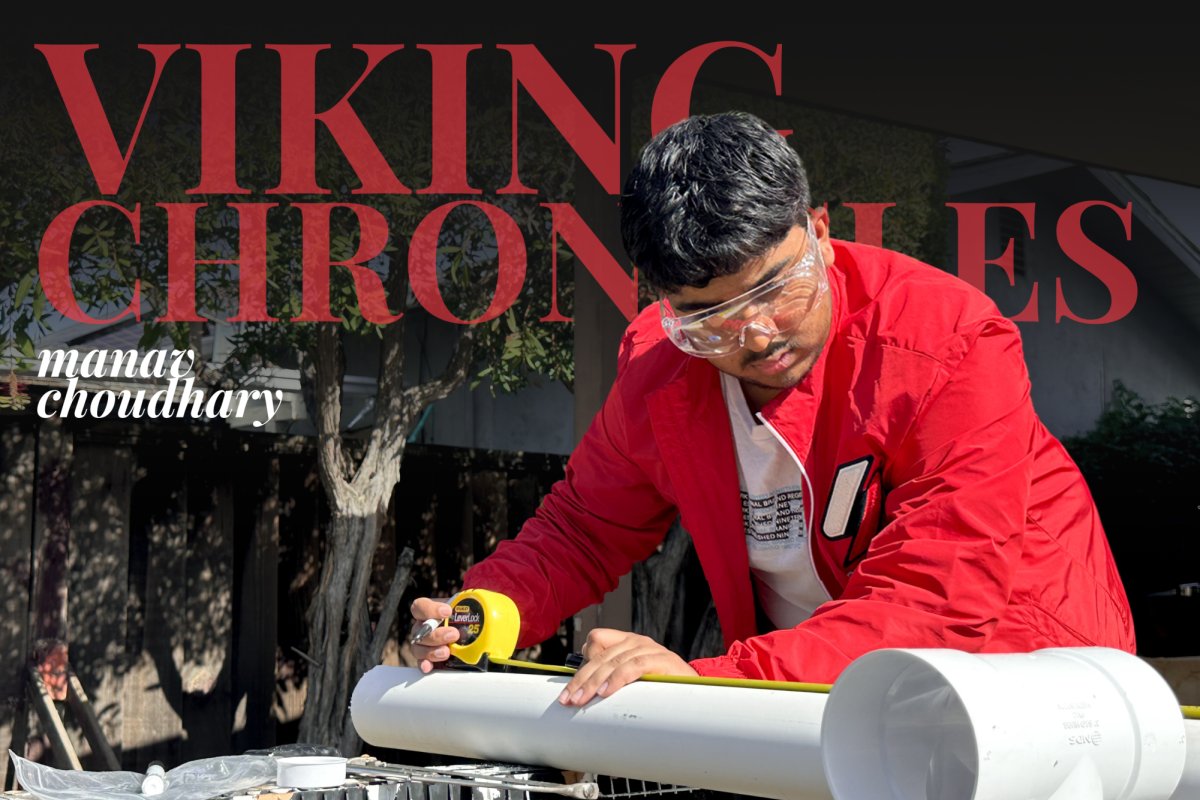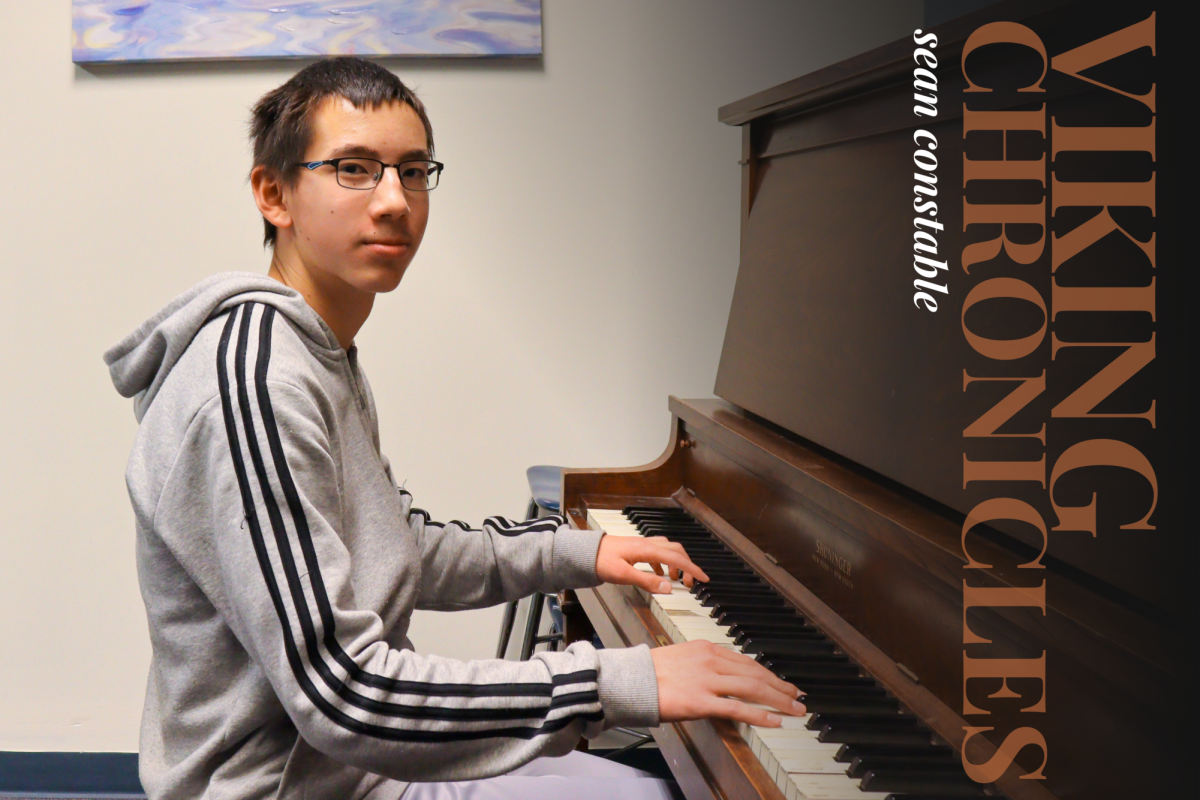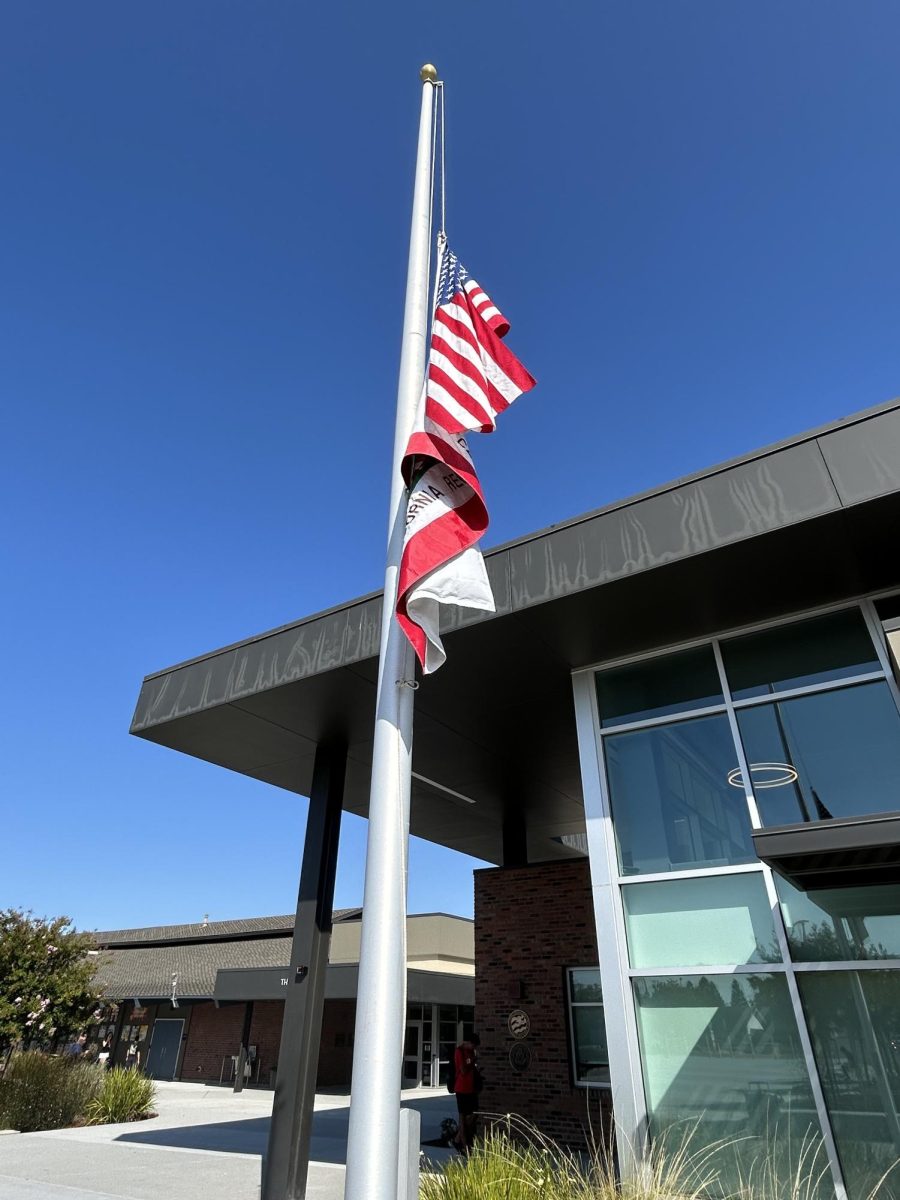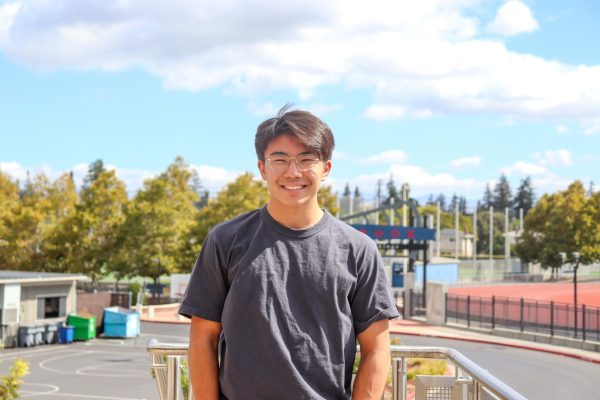With the 2024 presidential elections approaching, it is crucial for students to be involved civically and politically. Lynbrook should invest more effort into boosting voter turnout and encouraging students to vote. This should be implemented through actively offering resources on voter registration and holding more on-campus political initiatives. These initiatives will empower students to make their own educated decisions about their political roles in society.
According to the Center for Information and Research on Civic Learning and Engagement at Tufts University, 50% of eligible voters aged 18 to 29 cast a ballot during the 2020 presidential elections. The younger population is a growing portion of the United States’s voting-eligible population, and their influence in U.S. political discourse has grown accordingly.
“A lot of people don’t realize that their vote matters,” senior and ASB vice president Maple Leung said. “It is an unfortunate trend. Especially at the local level, your vote really does matter.”
In the past, a district-wide policy required students to volunteer in their local communities to pass government classes. Although these requirements no longer exist, government classes should continue to promote initiatives that teach students about the importance of civil engagement.
“In past years, I have held election simulations by dividing kids in my classes into teams that each embody a political candidate, and they would tackle campaign situations and have mock debates,” U.S. History and government teacher Mike Williams said.
Going forward into the 2024 election season, government teachers plan to conduct mock elections for the general election, but will refrain from doing so for the primary elections due to the lack of diversity in the candidates pool.
“During election years in the past, we have done mock primaries and presidential debates to simulate the political primaries,” AP Government teacher Jeffrey Bale said. “We’ve also done primaries across the government classes where we’d have different classes represent different candidates to mimic the actual political process.”
The government’s actions affect everybody’s daily lives, especially on the local level, and much of the decisions they make come from the legislation voted for by its constituents. However, if the younger populations do not actively participate through voting, the results may not accurately represent their vision and beliefs.
“You have to tell the students why it affects them,” social studies department lead Steven Roy said. “It’s very easy to be myopic, and only see what’s in front of you, especially at a young age when you’re focused on school while there are bigger issues cooking in the background.”
Voting is the key tool that will make their voice heard and make substantial change, because in a republic, citizens vote for politicians who will decide their future policy for them.
“We have a very stable government compared to many other countries and all American citizens are given the right to vote,” JSA co-president and senior Kaawon Kim said. “Voting is a way for people to voice their opinions procedurally. There are different ways such as protesting, but voting is a really good way to quietly demonstrate your opinions.”
To guide students in their civic duties, Lynbrook’s website should have a page dedicated to information on voting for high school students along with a tutorial on registering or pre-registering to vote. Lynbrook could also educate students by holding optional tutorial information sessions. To ensure awareness of these resources, Lynbrook should actively publicize them through the morning announcements and ASB’s and the class officers’ social media accounts, similarly to the promotion of driver education courses.
“You need to create opportunities that are relevant, accessible and appealing to boost civic engagement on campus,” U.S. Government teacher Dave Pugh said. “For example, social media such as TikTok and Instagram are what students tend to use often, so I think that’s a good way to increase awareness of civic engagement.”
While Lynbrook should provide these resources and highlight the importance of voting, it is nonetheless crucial to acknowledge that the choice to be civically engaged is ultimately left to the students.
“Schools need to use their influence to shape their students into people who are going to be civically responsible citizens of the future,” Kim said.





























































